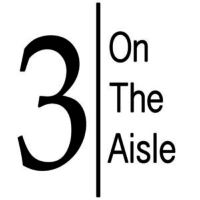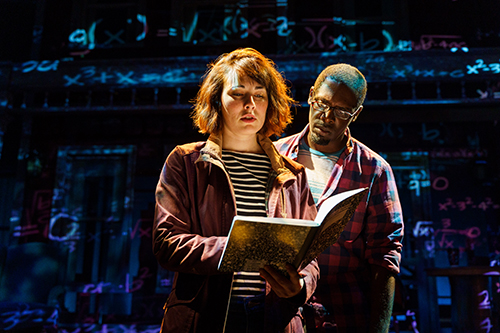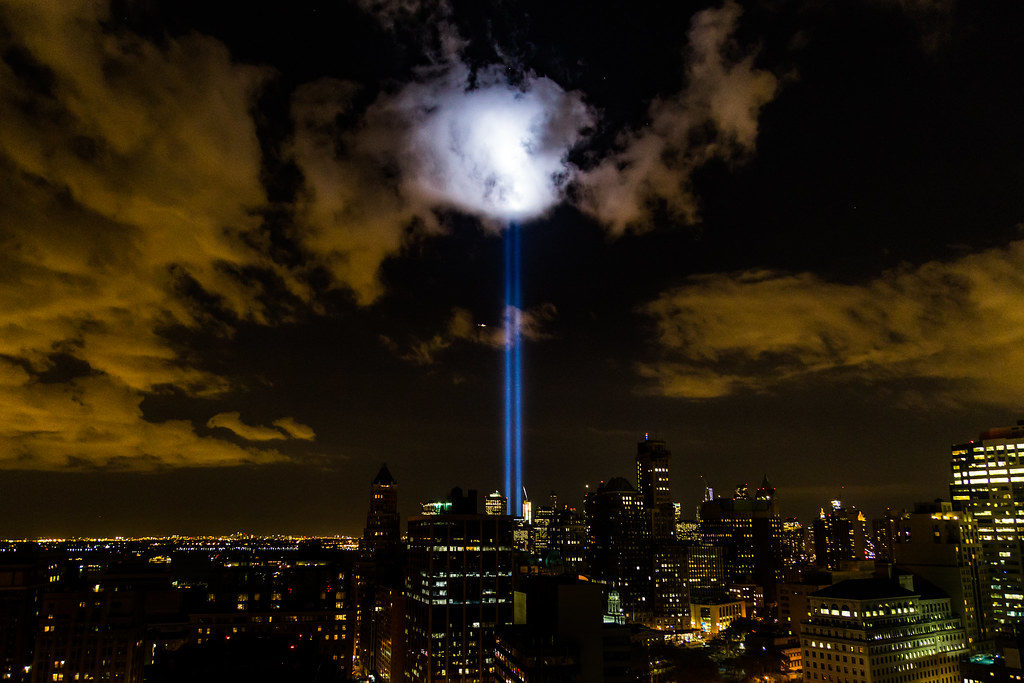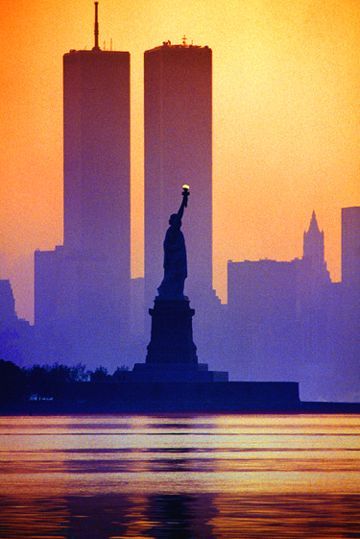“I’d been having a little too much talk with people whose business was talking. It was good to sit at the counter of a working-class restaurant where men spoke when they wanted something, or simply to kid the waitress.”
Ross Macdonald, The Chill
Terry Teachout on the arts in New York City
“I’d been having a little too much talk with people whose business was talking. It was good to sit at the counter of a working-class restaurant where men spoke when they wanted something, or simply to kid the waitress.”
Ross Macdonald, The Chill

The thirty-seventh episode of Three on the Aisle, the (usually) twice-monthly podcast in which Peter Marks, Elisabeth Vincentelli, and I talk about theater in America, is now available on line for listening or downloading.
Here’s American Theatre’s “official” summary of the proceedings:
To listen to or download this episode, read more about it, or subscribe to Three on the Aisle, go here.Twice a month, Terry Teachout of the Wall Street Journal; Elisabeth Vincentelli, contributor to The New York Times and The New Yorker; and Peter Marks of the Washington Post get together to talk about what’s going on in the American theatre.
And they’re back from summer vacation! Well, at least two of them are (Elisabeth is still in Europe). But Terry and Peter are back to discuss the shows they’re looking forward to in the coming season and some they’ve seen during their Three on the Aisle hiatus, then they answer questions about translating plays to film and the art of theatre criticism….
In case you’ve missed any previous episodes, you’ll find them all here.
* * *

David Auburn is having an excellent year. His new stage adaptation of Saul Bellow’s “The Adventures of Augie March” opened to universal acclaim at Chicago’s Court Theatre in May. Two months later, he directed an important revival of Thornton Wilder’s “The Skin of Our Teeth” for Massachusetts’ Berkshire Theatre Group. Now “Proof,” Mr. Auburn’s 2000 drama about a young mathematician who fears for her sanity, is being presented by Baltimore’s Everyman Theatre, a regional company deserving of wider recognition. “Proof” hasn’t returned to Broadway since it won a Pulitzer Prize in 2001 and wrapped up a 917-performance run two years later, and it happens that I missed the original production, so I decided to drive down to Baltimore and see what I’d missed. Quite a bit, as it turns out: “Proof” is a superior piece of theatrical work, and Paige Hernandez’s finely cast staging reveals it to be timely as well.
Catherine (Katie Kleiger), the deeply unhappy 25-year-old central character of “Proof,” dropped out of college to take care of Robert (Bruce Randolph Nelson), her father and one of the foremost mathematicians of his generation, whose career came to an abrupt halt when he fell victim to mental illness. Now Robert is dead, Catherine is trying to figure out how to restart her own thwarted life, and Claire (Megan Anderson), her older sister, who has come back to Chicago for their father’s funeral, fears that Catherine may suffer from the same disease. Enter Hal (Jeremy Keith Hunter), one of Robert’s protégés, who is sifting through his accumulated papers and finds what may be a major piece of unpublished work—one that Robert apparently completed in secret during his illness…or did he?
What we have here, in short, is an intellectual whodunit, one that recalls Tom Stoppard’s “Arcadia” without aspiring to Mr. Stoppard’s flashy loop-the-loopery….
* * *
Read the whole thing here.The trailer for Proof:
Bill “Bojangles” Robinson, Jeni LeGon, and Fats Waller perform “I’m Livin’ in a Great Big Way,” by Dorothy Fields and Jimmy McHugh, in Hooray for Love, directed by Walter Lang and released in 1935:
(This is the latest in a series of arts- and history-related videos that appear in this space each Monday, Wednesday, and Friday)
“I went inside the club, where the late afternoon crowd were enjoying themselves, if gamblers can be said to enjoy themselves. They wheedled cards or dice like sinners praying to heaven for one small mercy. They pulled convulsively at the handles of one-armed bandits, as if the machines were computers that would answer all their questions. Am I getting old? Have I failed? Am I immature? Does she love me? Why does he hate me? Hit me, jackpot, flood me with life and liberty and happiness.”
Ross Macdonald, The Zebra-Striped Hearse
“I’d given up offering advice. Even when people asked for it, they resented getting it.”
Ross Macdonald, The Galton Case

• A few weeks after 9/11, I wrote an essay about where I was and what I did that day:
Read the whole thing here.“Get up, son,” my mother said, tapping softly on the door of the bedroom of my childhood home in Missouri. “An airplane hit the World Trade Center.” I came awake a split-second later, my head full of memories. For years, I had wondered when the long arm of terrorism would strike again at New York. I thought of a sunny Saturday morning back when I was living in an apartment house on a hill north of the city. A small earthquake shook the building as I lay sleeping, and the groaning of the old walls woke me. I heard a soft whir through the open window, the rustle of the leaves on the shaken trees. It’s a car bomb, I told myself, unable for one stunned moment to conceive of any other possibility.
All these thoughts flew through my mind in the time it took me to pull on my pants. Then I trotted to the living room, there to behold the coming of the new age….
• In 2001 I was writing a monthly “New York letter” for the arts section of the Washington Post, and three years later I posted several excerpts from the columns that I filed in the wake of 9/11, about which I had this to say:
To read those excerpts, go here.Could it be that I–we–were living more intensely in those days? It happens that my life was turned inside out in all sorts of ways in the immediate wake of 9/11, but no matter what fears I found myself facing, I almost always managed sooner or later to slip out of the fearful present and immerse myself in the blessed world of art, responding all the more passionately because of my renewed consciousness of life’s brevity. Strange that it so often takes a catastrophe, whether personal or public, to make you face a fact that was no less true on 9/10, or 9/12….

Because music is my first language, it stands to reason that for me, the memory of 9/11 should be inextricably caught up with the sound of music. I attended and wrote about many memorial concerts in the immediate wake of the tragedy, and I listened ceaselessly to all sorts of music throughout that terrible time, searching for a measure of comprehension and consolation and—once in a while—finding it.
In honor of that grave and reverend day, here are four pieces of variously solemn music that I love deeply:
• From Aaron Copland’s Twelve Poems of Emily Dickinson, “Sleep is supposed to be,” performed by Barbara Bonney and André Previn:
• The Third Courtly Dance from Benjamin Britten’s Gloriana, performed by Steuart Bedford and the London Symphony:
• The “Dead March” from Handel’s Saul, performed by Ivor Bolton and the Orchestra of the Age of Enlightenment:
• Hugo Wolf’s Anakreons Grab, performed by Dietrich Fischer-Dieskau and Gerald Moore. A translation of Goethe’s German text is here:An ArtsJournal Blog